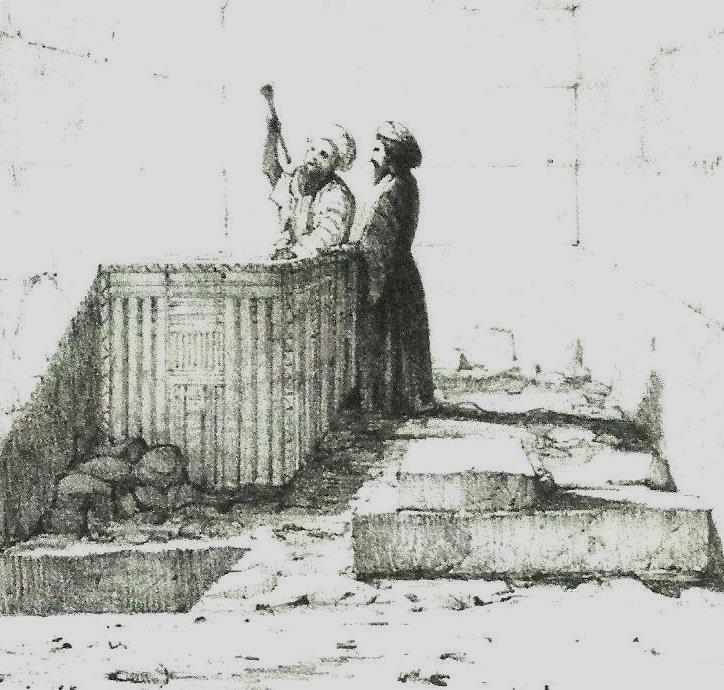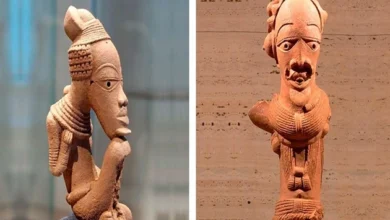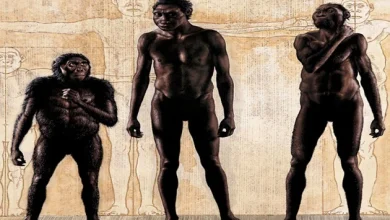Top 3 missing treasures in Africa you can still find
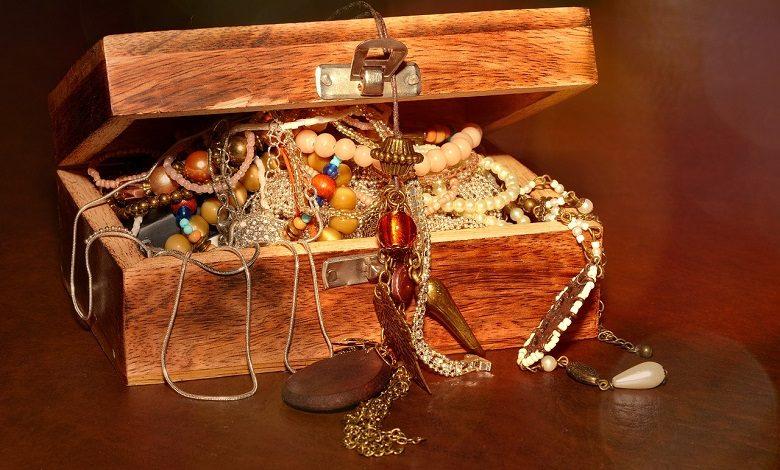
Do Africa have treasures you can find? The answer is yes! Finding treasure in African soil, and you could get rich right away, maybe even famous.
Throughout history, fantastic treasures from various cultures have been stolen or otherwise gone missing. Often their theft or disappearance happens during times of war or disaster, when they cannot be protected or when a military force decides to take treasures back home as a trophy.
You could discover a part of history we thought was gone forever or something we didn’t even know existed. And unlike many other legends, hidden treasure is well documented.
Sometimes these treasures are recovered, but many are still missing. Anyone of us can encounter something at any time in our lives, without warning.
1. South African Kruger’s Millions
Stephanus Johannes Paulus Kruger, in short, “Uncle Paul”, was the third president of the South African Republic at the end of the 19th century for more than 17 years. With the Second Boer War and public opinion revolted against him, Kruger fled South Africa in 1900, two years before his presidency officially ended. But not before he took something for himself.
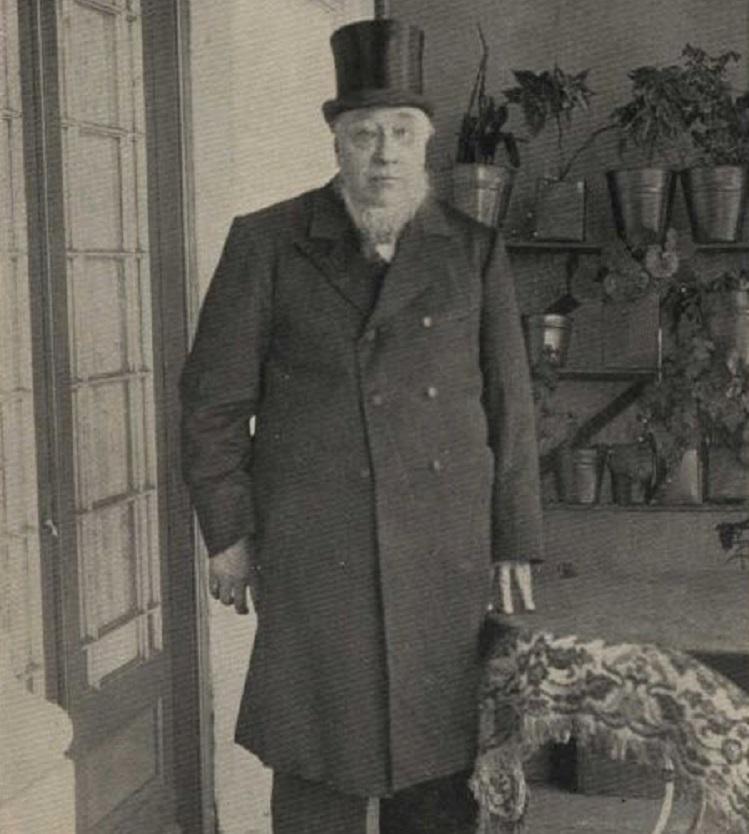
While Kruger fled to Europe, rumors swung that the train he was riding also carried a considerable amount of gold. Later, researches revealed not only that £1.5 million had been stolen from the government, but that it had been slowly shifted for months. A prisoner named John Holtzhausen announced, five years later, that he had been hired to bury the gold, north of Leydsdorp, and was the last member of the team to survive.
Zulu family in the town of Ermelo, in 2001, reported that they had found some of the lost coins, while in 2017, another man claimed to have found the treasure at the foot of the Emmarentia dam. Even if both claims are correct (and neither has been verified), Ermelo councilors believe that the stock would have been split into at least three caches.
2. Crown Jewels of Ivory Coast
In 2010, Côte d’Ivoire held its first election in more than ten years, turning incumbent President Gbagbo against the much more popular Alassane Ouattara. When Gbagbo was announced the winner, the country was thrown into a turmoil that would become known as the Ivorian Crisis 2010-2011
Although the crisis was short-lived and Ouattara turned out to be a promising figure for change after five years of Democratic re-election, this short conflict may have cost the coast one of its most valuable treasures: the crown jewels of Côte d’Ivoire.
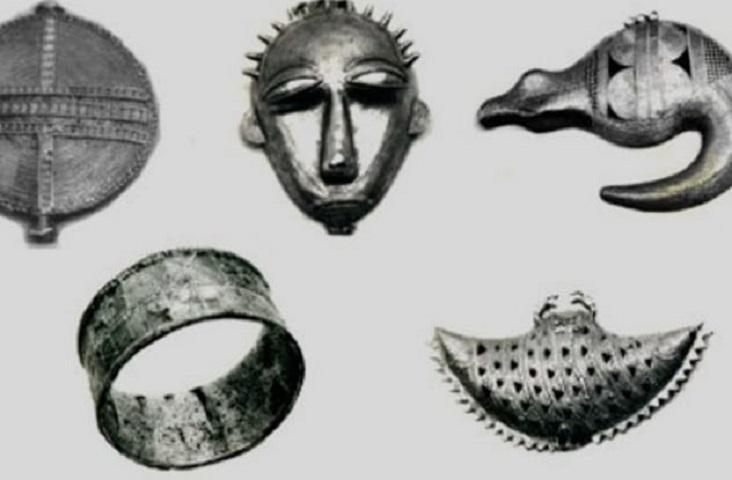
While the civil war raged through the country, with cumbersome UN and French intervention, more than 80 objects were pilfered from the museum of civilizations, including masks, necklaces, scepters, and religious artifacts. Estimated at $6 million, it is the immense cultural significance of these objects that sets them apart from other similar losses.
Unlike most crown jewels, which are passed from heir to heir, the Ivory Coast collection represented several kingdoms and dynasties, making the loss of this diverse collection particularly devastating. Interpol is trying to find the items on the black market but has not had any success so far.
3. Sarcophagus of Menkaure
The pyramid of the Egyptian Pharaoh Menkaure is the smallest of the three pyramids built in Giza about 4500 years ago. In the 1830s, the English military officer Howard Vyse explored the pyramids of Giza, sometimes using destructive techniques (his use of explosives is the most notorious) to find his way through the structures.
One of his discoveries in Giza was an ornate sarcophagus found in Menkaure’s pyramid, which Vyse tried to ship to England in 1838, aboard the merchant ship Beatrice. The Beatrice sank during the voyage and took the graceful sarcophagus with her. If Beatrice is ever found, it is possible to retrieve the sarcophagus.
